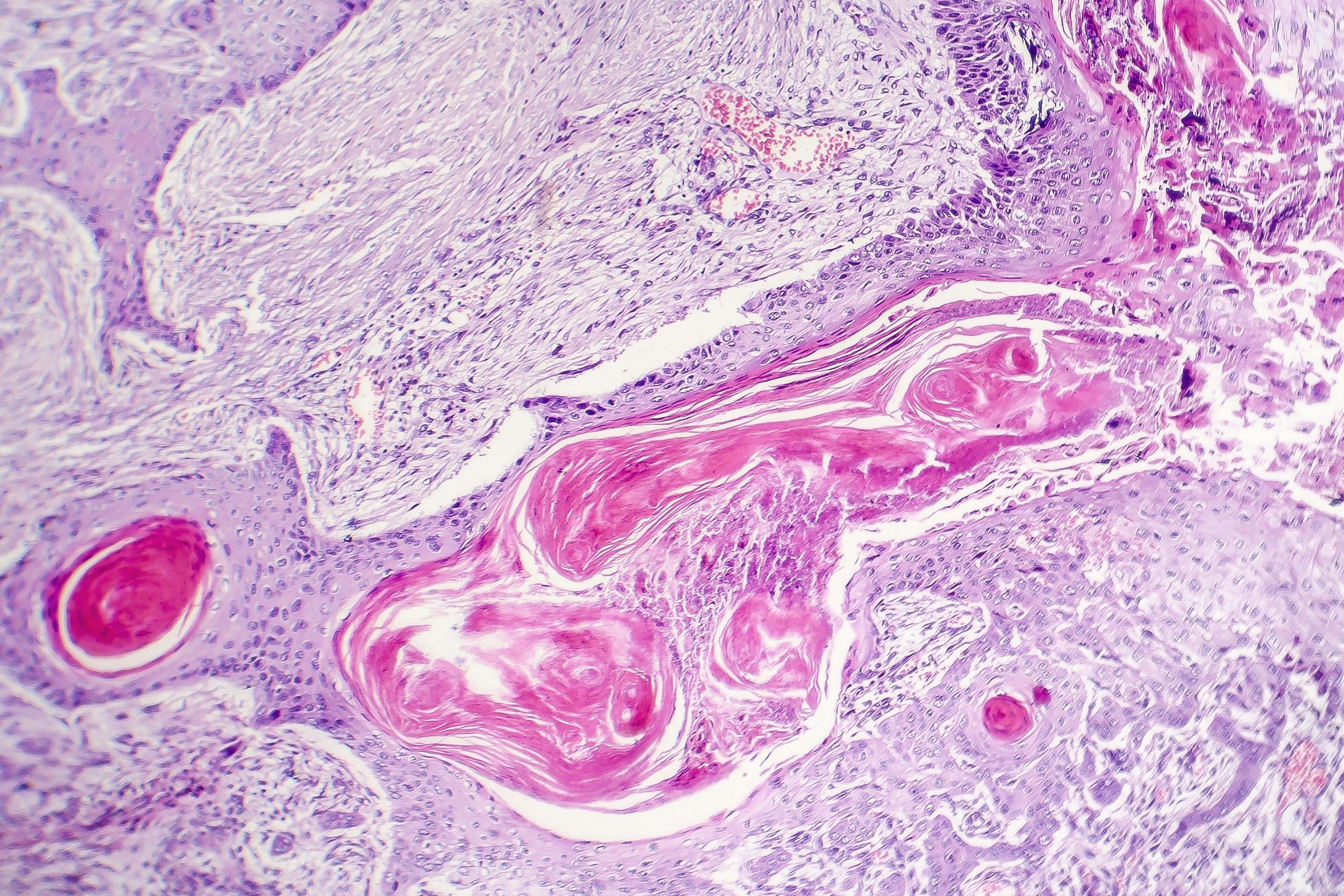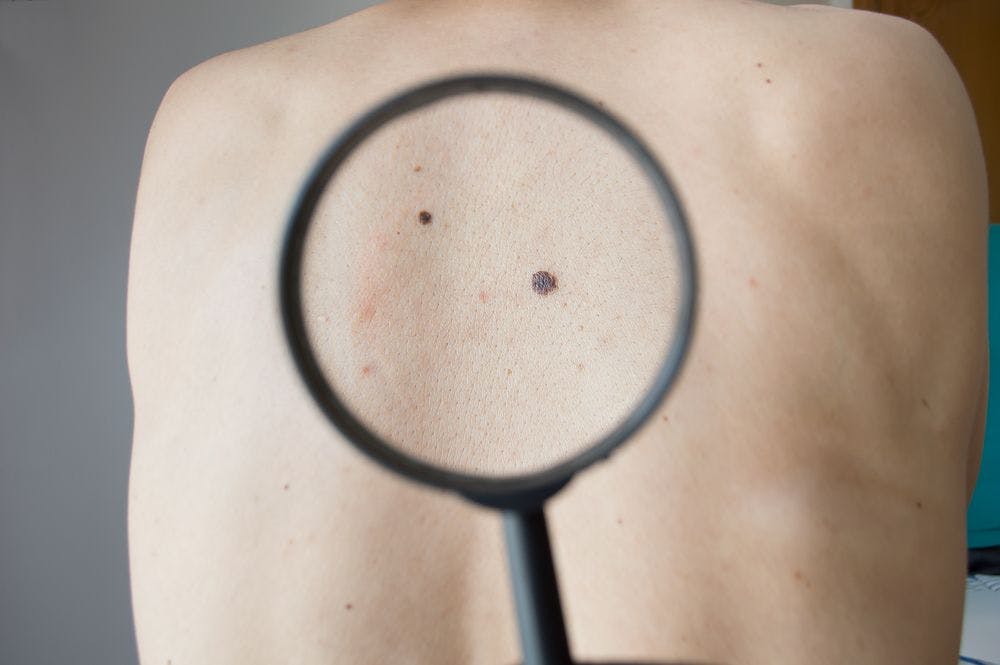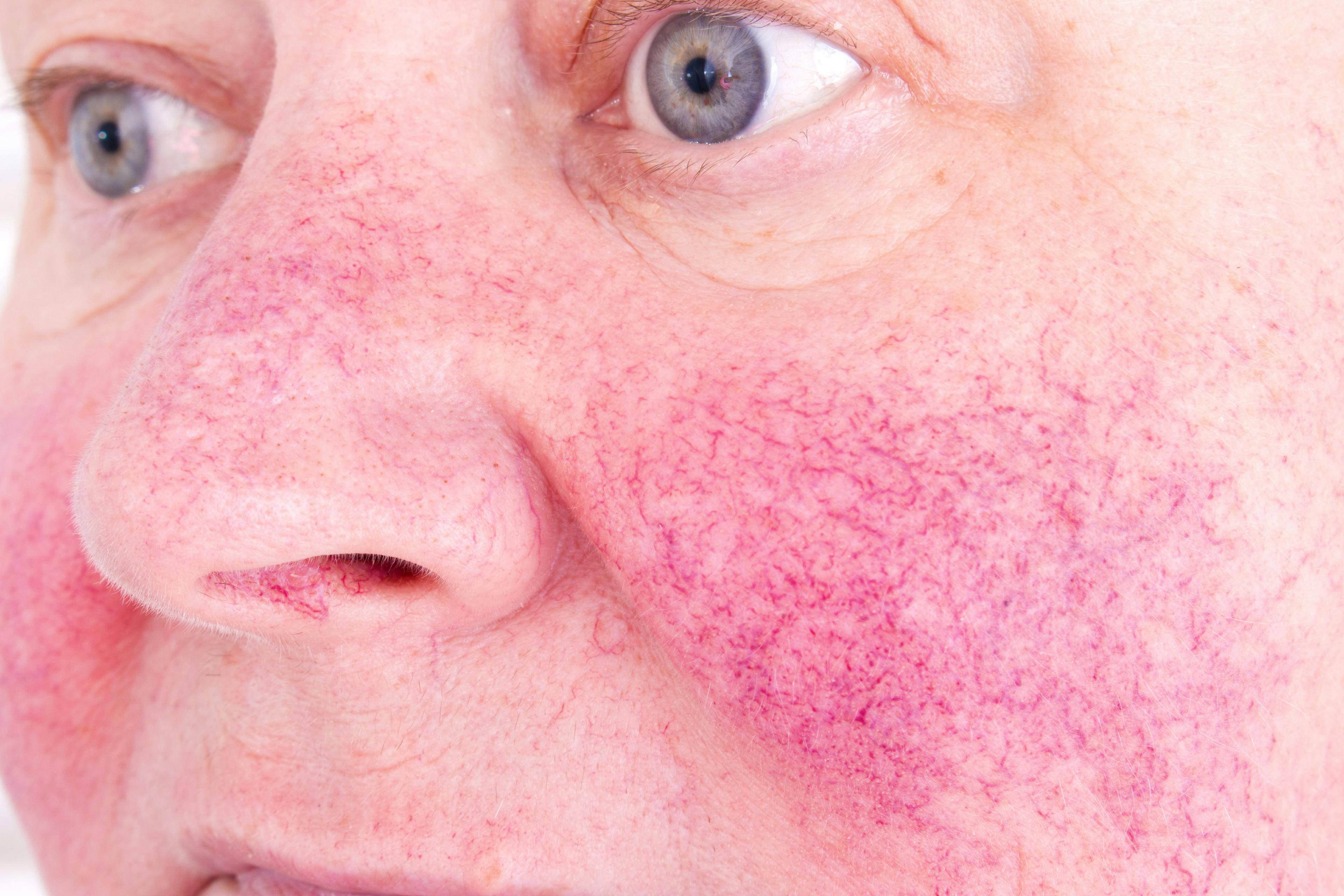- Acne
- Actinic Keratosis
- Aesthetics
- Alopecia
- Atopic Dermatitis
- Buy-and-Bill
- COVID-19
- Case-Based Roundtable
- Chronic Hand Eczema
- Chronic Spontaneous Urticaria
- Drug Watch
- Eczema
- General Dermatology
- Hidradenitis Suppurativa
- Melasma
- NP and PA
- Pediatric Dermatology
- Pigmentary Disorders
- Practice Management
- Precision Medicine and Biologics
- Prurigo Nodularis
- Psoriasis
- Psoriatic Arthritis
- Rare Disease
- Rosacea
- Skin Cancer
- Vitiligo
- Wound Care
Publication
Article
Dermatology Times
When is the right time to retire?
Author(s):
Norman Levine, M.D., discusses the potential benefits and pitfalls of retiring from dermatology.
(anyaberkut - stock.adobe.com)

Norman Levine, M.D.
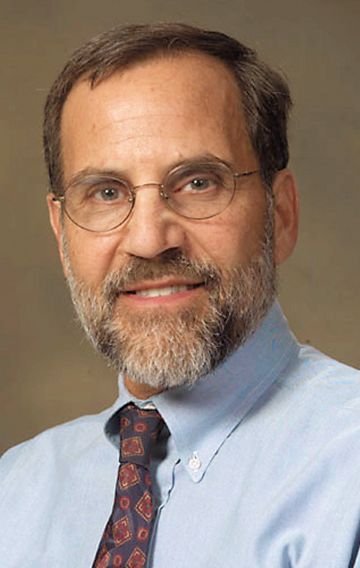
Many recent articles have advised older physicians as to the “right way” to retire. The main points of emphasis usually include the following: Be sure that you have the financial resources to support a comfortable lifestyle after leaving the workforce. Or, retire either to run away from your present situation or run to something that you can only enjoy after you stop working. If neither of these describes your circumstances, keep working.
READ MORE: Dr. Levine discusses the need to preserve medically-oriented dermatologists
While this is quite reasonable, it may not fully address the far more complex issues of self-worth, habits developed over a lifetime of employment, the physical and emotional aspects of the work itself, and personal health issues - all of which can impact one’s decisions.
As one who is of an age where many of my contemporaries have already left the practice of medicine (five dermatologists in my community have retired in the past three years; four of whom are younger than I am). I would like to share the perspectives of one who has agonized about this for at least the past two years.
I have been a physician for over half of my life, with all of the self-esteem and prestige that this entails. I know that many physicians carry the moniker into retirement, but I have decided that when I quit active practice, I will no longer be a doctor in spite of what my diplomas say. With that reality in my mind, I will no longer be “the man.” That will necessitate a major emotional adjustment. I will still be able to enjoy the memories of a productive professional life but I surmise that my self-image will change irrevocably from an active and productive member of society to something quite different.
Many people find other ways to contribute to their communities after no longer practicing medicine. I happen to view myself as somewhat of an idiot savant. I know dermatology well, but not much else of value to society. I could continue to volunteer at our local free clinics as a dermatologist, but there are licensing and malpractice insurance issues that could complicate that endeavor. In sum, I have to be ready to gracefully abandon the idea that I will be the same professional person that I have always been before I can move into a happy next phase of my life.
Based on these issues alone, why would one consider retiring voluntarily? Recent changes in the nature of medical practice may provide the motivation. We have all experienced the regulatory and economic-related changes that have made practice less fulfilling. The head-spinning requirement of MIPS, the maintenance of certification hoops through which one must jump and the odious but ubiquitous third-party-payer prior authorization process have made practice far more challenging. I hate to be told by the organizations that control the purse strings that I must prescribe inferior therapies (which usually fail) before I can provide the best treatments for my patients. I become discouraged when patients lack the financial resources or adequate insurance coverage to get the very best treatments that we have to offer. Are these facts of life enough to push me into retirement - probably not, but they will make my decision to leave medicine easier when the time comes.
READ MORE: Dermatologists as co-conspirators?
The one major factor that is less often discussed when one considers retirement is the patients themselves.
One of the most gratifying aspects of my job is the opportunity to interact with and really get to know all kinds of people. We all get positive feedback from appreciative patients, and this makes the whole enterprise worthwhile. I am very concerned about what will happen to these people when I am gone. None of us is absolutely irreplaceable, but it will be a hardship for many of these people to find other practitioners willing and able to manage their care.
However, we also care for irascible, demanding, unstable and generally unpleasant people as well. Although the balance of encounters almost always favors the pleasant and cooperative person, there are times that it does not feel that way.
In the past week, I have had one patient who soiled herself while sitting in the waiting room, thus grossing out all of the other individuals waiting for their appointments. She insisted on being seen and patiently waited her turn after the episode. I also saw a woman who listed on the intake form that one of her medical problems was that she had to “remember to breathe.” At the end of the work week, I thought to myself, “why am I still doing this?” After a day to get a better perspective, I decided to never make a truly life-changing decision about my future based on a few truly bizarre encounters.
Experts in the discipline of retirement planning often recommend that the prospective retiree make a list of what he or she would gain and miss by discontinuing practice.
READ MORE: Pricing patients out of healthcare?
Here is a partial list of the factors moving me toward retirement:
- No longer having to dress at least semi-appropriately in the morning
- No longer having to worry about whether one day, patients will stop calling for appointments
- No longer having to concern myself whether the internet will go down, thus paralyzing the entire office
- No longer having to concern myself ever again with the impossible person whose is on my list of patients for the day
- There would never be a time again where I have to eat lunch at my desk in order to finish the morning’s paperwork before the afternoon clinic hours commence
- I would not have to dread letters from personal injury lawyers asking for the medical records of one of my patients
- There would be no more passive-aggressive looks from my dog when I troop off to work in the morning instead of taking her for extended walks
Here is a partial list of what I would miss if I retired:
- Interactions with very nice and interesting people
- Companionship with my associate and all of the support staff
- Loss of motivation to keep abreast of the incredible advances in medicine
- No longer being able to moderate a monthly community Journal Club
- No longer being a contributing member of society
After careful consideration of the benefits and pitfalls of retirement, I have decided against retirement for the time being. However, I have reserved the right to change my mind if my physical or mental capacity deteriorates or if another patient soils him- or herself in my waiting room.
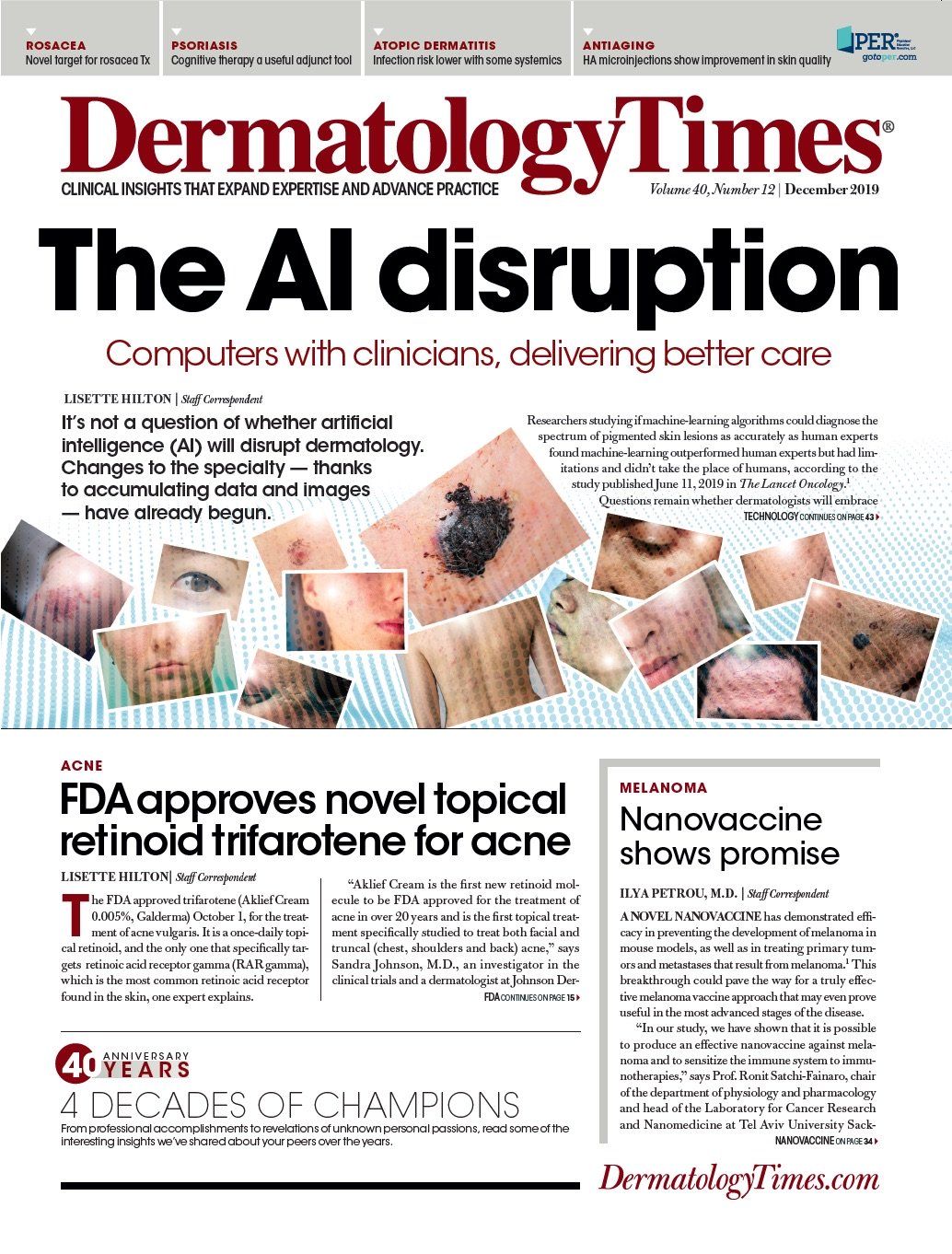
Newsletter
Like what you’re reading? Subscribe to Dermatology Times for weekly updates on therapies, innovations, and real-world practice tips.

